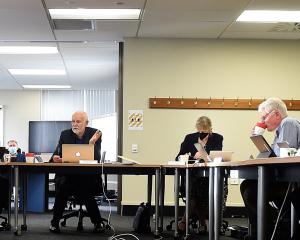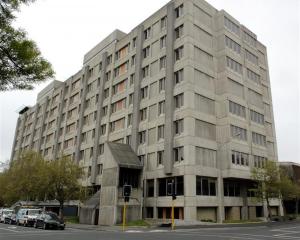Scientific evidence supporting the merits of bowel screening is stronger than that for breast or prostate screening, Dunedin oncologist Christopher Jackson says.
Dr Jackson, who is also a senior lecturer at the Dunedin School of Medicine, contacted the Otago Daily Times about the disagreement between the Labour and Green parties aired last week over Labour's proposed bowel screening programme.
Dr Jackson believed there was no point waiting for the conclusion of the four-year pilot scheme in Waitemata.
''Screening for bowel cancer reduces death rates in those screened. The scientific evidence supporting bowel cancer screening is in my view stronger than the evidence supporting screening in breast, lung or prostate cancer.''
Overcoming the personnel shortage for performing colonoscopies was the big challenge of establishing a screening programme - but the pilot did nothing to address that, Dr Jackson said.
Launching the programme region by region would lead the workforce development.
''Workforce capacity is the issue that is going to determine the success of a national screening programme, and a national screening could not happen without growth in that workforce.''
Screening reduced both the rate of cancer development and deaths from the disease.
''It's highly successful internationally, and given that we've got one of the world's worst rates of bowel cancer, it is the right thing for us to do, and we need to develop the capacity to achieve that.''
The Government wants to wait until its four-year screening pilot concludes at the end of 2015 before deciding whether to launch it nationally.
The Green Party's health spokesman Kevin Hague agrees with that approach, and has criticised Labour's promise to launch a national screening programme if elected in September.











